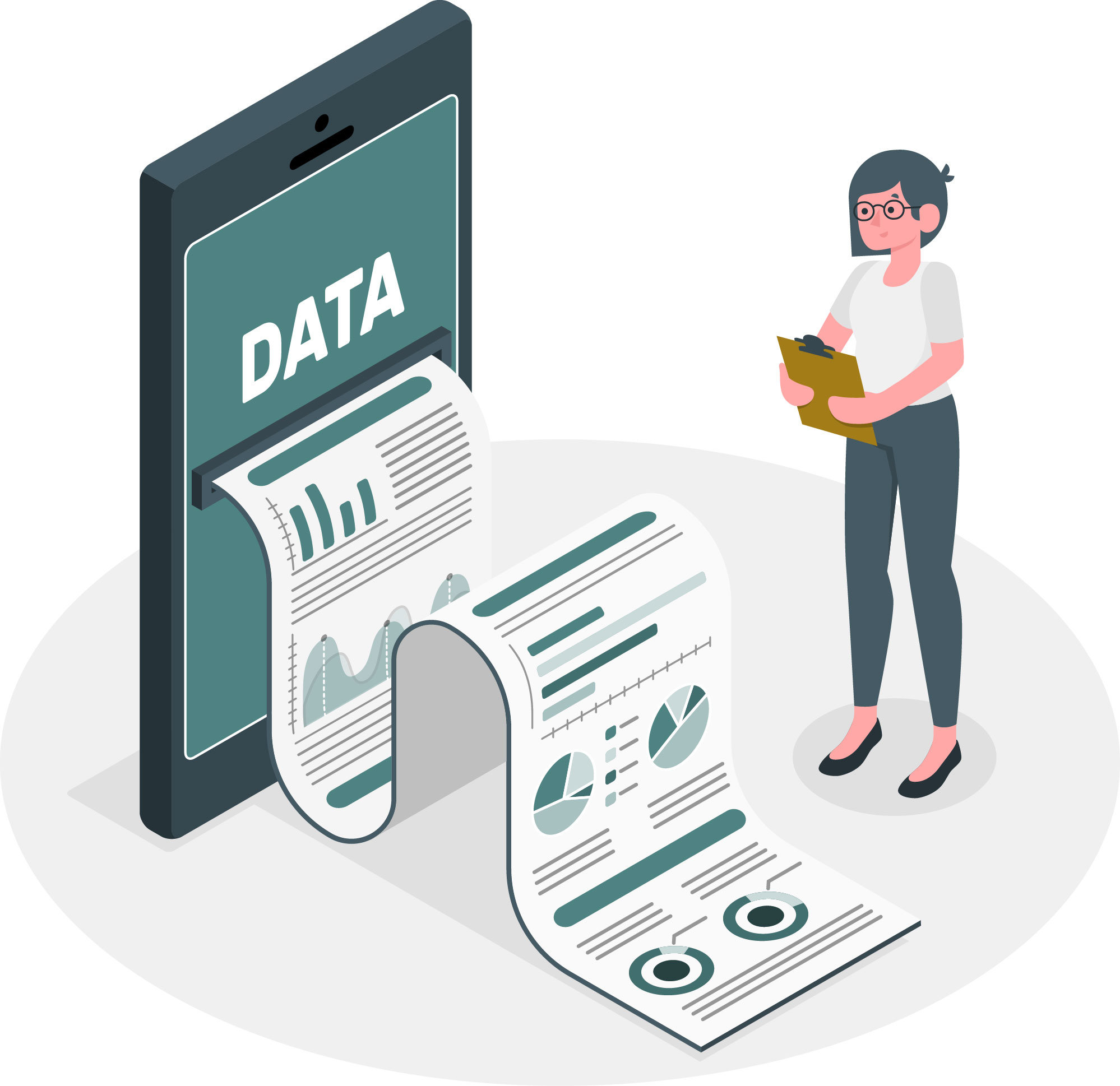Over the course of the last week, we have seen Australia’s largest data privacy breach, where over 30% of Australians have been affected and left vulnerable. This attack has heightened the severity of cyber security and it is a timely reminder of how organisations need to be frugal and take full responsibility of their data.
Misuse and leakage of data has been shown to cost the Australian economy $75 million annually and globally IBM research has recognised the cost to organisations is more than $4 million dollars per breach. With the current Optus cyber breach, it will be inevitable that more penalties will be imposed to organisations who are failing to be compliant in data protection.
The Optus breach demonstrates the importance of managing metadata in your organisation, how you can define it, how you store it and who has access to it. Metadata is data’s data, and it allows organisations to search their own data records using specific information, providing acute insights into business operations, gaps, and opportunities.
A common record stored by organisations is a person’s identity. This data, including personal details such as a person’s date of birth, contact information, identification details including license numbers and passports carries a lot of data behind it and needs to be protected. What a lot of people don’t realise is that all these details have metadata which appears complex but if managed appropriately adds a layer of protection through the way it is identified and stored.
Cyber security teams using the Aristotle Metadata Registry have reported that the effective management of metadata reduces risks by increasing knowledge on the use and misuse of critical data assets. By developing data asset registers and recording access in Aristotle Cloud systems separate to data, organisations can perform independent audits of data assets to increase security.
Organisations also note an increase in productivity and efficiency by incorporating a metadata registry to aid faster discovery of data, prior to providing access to sensitive data systems.
A core part of this process is using a newly developed Tablion Data Portal - which has been designed to increase the security of data requests ensuring all access conforms to the ‘5 Safes’ model. This model focuses on 5 key areas of data safety: safe people, safe projects, safe data, safe environments and safe outcomes.
With the growing cost of data leakage now impacting organisations’ cyber budgets, the implementation of metadata registries provides independent auditable access to data, which is more important than ever.
If you’d like to learn more about how your business can use metadata to comply with Government regulations, reduce cyber security risks and keep your digital integrity; talk to the team at Aristotle Metadata.
Image credit: Designed by slidesgo / Freepik


